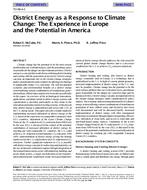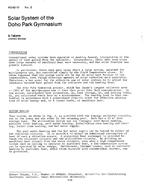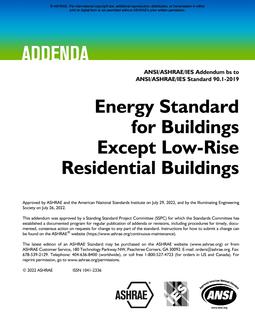Click here to purchase
The overall energy consumption in the U.S. residential building sector can significantly depend on occupants’ presence or absence in their home, as well as their interactions with energy-consuming building systems. One important household characteristic factor influencing occupancy patterns and energy-consuming behaviors is household income. Currently used energy modeling methods do not consider the possible implications of household income on occupancy levels, internal loads magnitudes or their associated schedules on energy savings estimates. As there are significant disparities in income levels across the U.S., it is important to better understand occupant behavior and predict the energy behavioral patterns for households across income groups, to work towards improved energy modeling methods for varying household types. In this study, the American Time Use Survey (ATUS) and Current Population Survey data are combined and used to assess differences in occupancy profiles for households across different income levels. To assess the variation in energy profiles, cluster analysis is performed on daily occupancy schedules, on both weekdays and weekends. The results indicate significant differences between the profiles for high- and low-income group occupants. In summary, the result represents the variation of occupancy schedules for the high- and low-income groups compared to the average profile of the overall population. Occupants belong to the lower income group spent a significantly larger amount of time in their homes compared to occupants belonging to the higher income group. This study provides useful implications for building energy modelers, researchers and policy maker in sustainable residential building modeling, particularly in improving estimates of energy savings associated with various technologies in lower income households.
Citation: 2021 Virtual Conference Papers
Product Details
- Published:
- 2021
- Number of Pages:
- 9
- Units of Measure:
- Dual
- File Size:
- 1 file , 1.5 MB
- Product Code(s):
- D-VC-21-C011


